Table of Contents
Everything you’ve been told about coffee and hydration is wrong. Those warnings about coffee drying you out? They’re about as accurate as your aunt’s fortune-telling skills – and here’s why that matters for your daily brew.
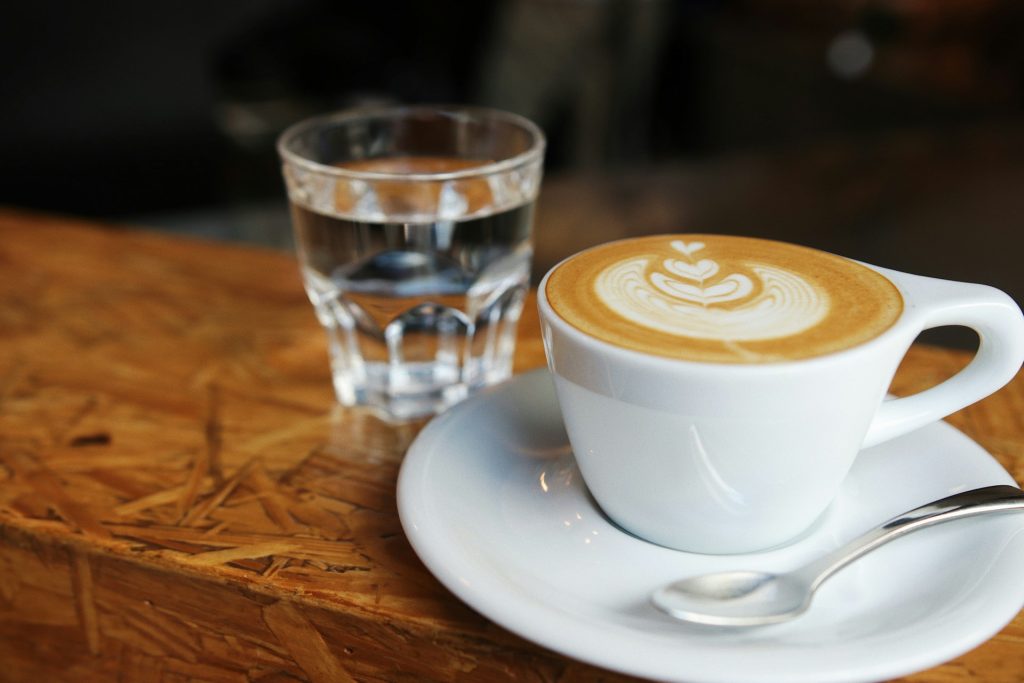
The Real Deal on Coffee and Hydration
Contrary to what your well-meaning gym buddy might tell you, your morning coffee actually counts toward your daily fluid intake. Recent research shows that moderate coffee consumption (up to 4-5 cups daily) provides nearly the same hydration benefits as water. In fact, regular coffee drinkers develop a tolerance to caffeine’s mild diuretic effects within just a few days.
Why You’ve Been Misled All These Years
The myth about coffee’s dehydrating effects started with a single study from the 1920s that looked at excessive caffeine consumption – we’re talking amounts way higher than your daily coffee routine. The media ran with this outdated information, and suddenly everyone was treating their morning cup like it was sucking the life force out of them.
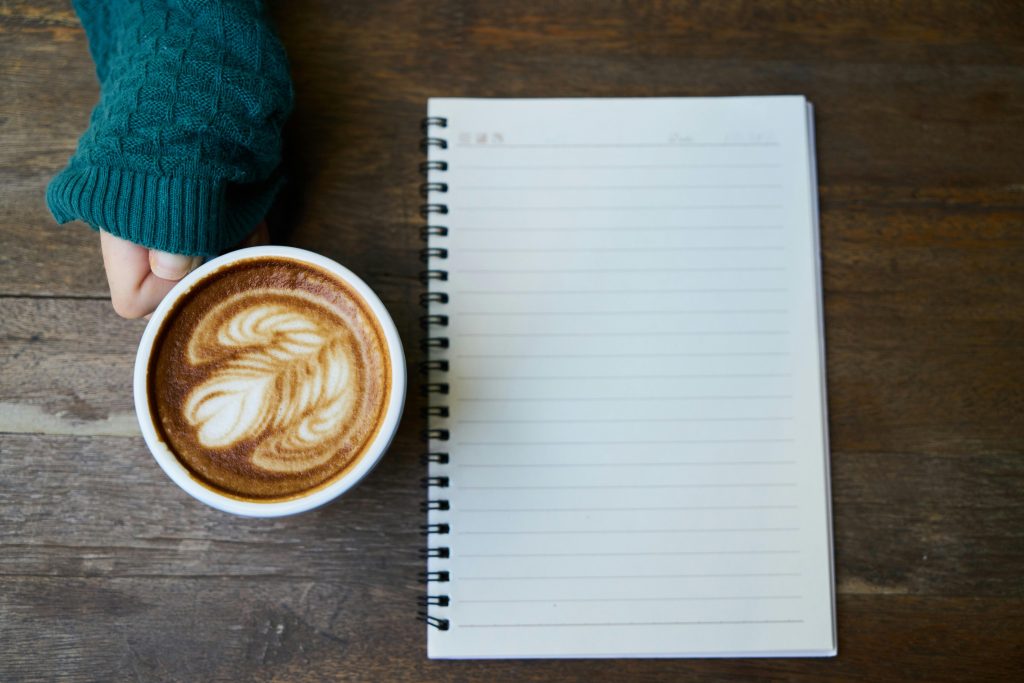
The Science Without the Boring Parts
Your body is smarter than you think. When you drink coffee, it retains most of the fluid while using only a small portion for its diuretic effect. That means your vanilla oat milk latte isn’t just delicious – it’s actually helping you stay hydrated. The water content in coffee far outweighs its mild diuretic effects, making each cup a net positive for hydration.
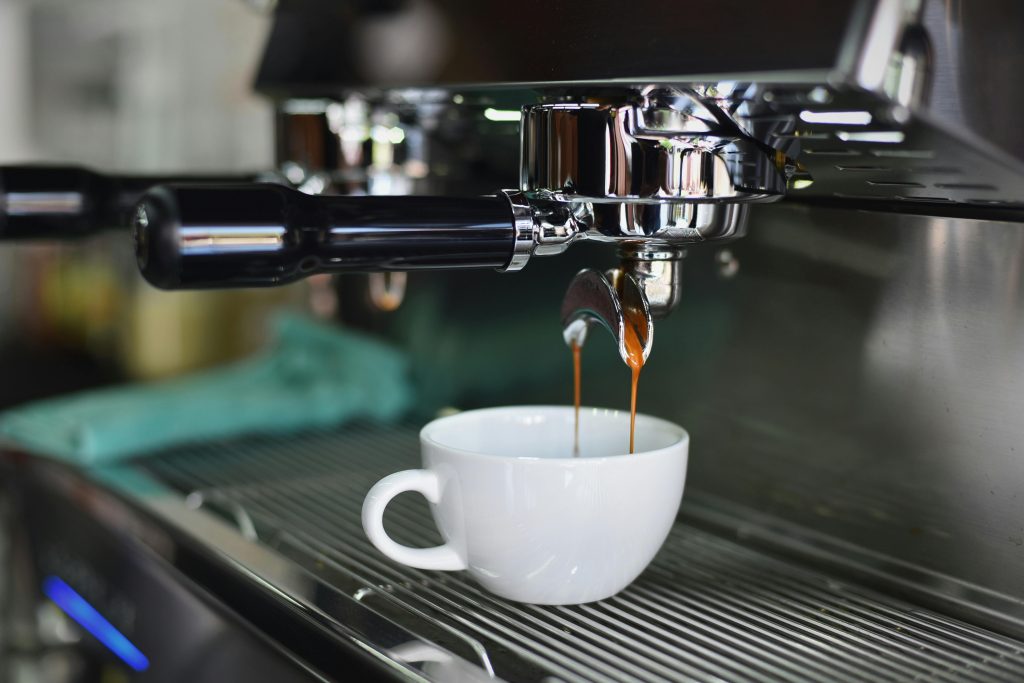
Signs You’re Getting It Right (Or Wrong)
Your body sends clear signals about its hydration status, even when you’re riding the coffee wave. Dark yellow urine? You need more fluids. Feeling headachy or dizzy? That’s probably not your coffee’s fault – you might just need to drink more water throughout the day. Clear to light yellow urine means you’re in the hydration sweet spot.
The Perfect Coffee-to-Water Ratio for Your Day
Balance is key. For every cup of coffee, drink an equal amount of water – not because coffee dehydrates you, but because it’s just good hydration practice. Think of it as a one-to-one ratio: one cup of coffee, one cup of water. This simple rule keeps you well-hydrated without overthinking it.
The Hidden Hydration Heroes in Your Coffee Routine
Your coffee setup might be secretly helping (or hurting) your hydration game. Cold brew tends to be less acidic and easier on your system. Adding a splash of milk actually boosts the hydrating properties of your coffee thanks to its electrolyte content. And those fancy coffee shop drinks? They often pack more water than you’d think.
Temperature Tricks That Make a Difference
Hot coffee versus iced coffee isn’t just about preference – it affects how your body processes the drink. Hot coffee tends to be consumed more slowly, giving your body time to process the fluid. Iced coffee might be guzzled down quickly, which can send you running to the bathroom sooner. Neither is better or worse for hydration – it’s all about how you drink it.
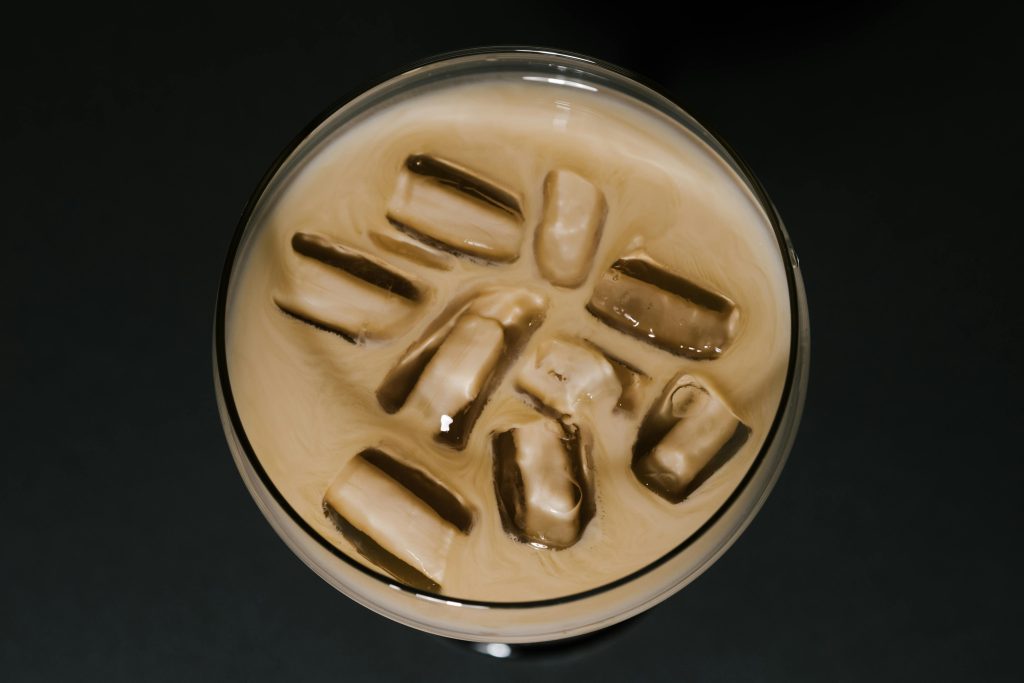
What Elite Athletes Know About Coffee and Hydration
Professional athletes have been using coffee as part of their hydration strategy for years. They know that a pre-workout coffee doesn’t just boost performance – it contributes to their daily fluid needs. The key is timing: they sip their coffee at least 45 minutes before training to let their bodies adjust.
Common Myths That Need to Go
Time to bust some popular coffee myths: No, coffee doesn’t “cancel out” the water you drink. No, you don’t need to drink extra water to “make up” for your coffee intake. And no, switching to decaf won’t magically make your coffee more hydrating – regular coffee works just fine for hydration.
Smart Strategies for Coffee Lovers
Want to maximize hydration while enjoying your coffee habit? Keep a water bottle next to your coffee mug as a visual reminder to stay hydrated. Consider cold brew for summer days when hydration is extra important. And if you’re hitting the gym, your pre-workout coffee counts toward your fluid goals.
Beyond the Basics: Understanding Your Coffee’s Hydration Impact
Each brewing method affects hydration differently. Espresso, despite its concentrated form, actually contains less water-removing compounds than drip coffee. French press coffee, with its oils and micro-grounds, can have a slightly different impact on your body’s water balance compared to filtered coffee. Understanding these subtle differences helps you make smarter choices about your daily hydration.
The Caffeine-Hydration Connection
The relationship between caffeine content and hydration is fascinating. Light roasts typically contain more caffeine than dark roasts, potentially having a stronger diuretic effect. However, this difference is minimal in practice. Your body processes a light breakfast blend nearly identically to a dark French roast when it comes to hydration.
Debunking Advanced Hydration Myths
Some coffee enthusiasts claim adding minerals to their brewing water enhances hydration. While mineral content can affect taste, it has minimal impact on how your body processes the fluid. Others swear by “hydration timing” – drinking water at specific intervals around their coffee consumption. The truth? Your body efficiently processes fluids regardless of strict timing rules.
The Role of Milk and Alternatives
Adding milk or plant-based alternatives to your coffee actually impacts its hydrating properties. Dairy milk contains natural electrolytes and proteins that can enhance hydration. Oat milk provides beneficial fiber that helps your body retain water, while almond milk offers a lighter option that’s still hydration-friendly. Even a simple splash of cream adds nutritional components that support your body’s water balance.
Cold Brew vs. Hot Coffee: The Hydration Factor
Temperature affects how your body processes coffee’s hydrating properties. Cold brew’s lower acidity might make it easier for some people to maintain hydration, as it’s less likely to cause stomach discomfort that could discourage drinking other fluids. Hot coffee, contrary to popular belief, doesn’t dehydrate you more than cold – it’s the caffeine content that matters, not the temperature.
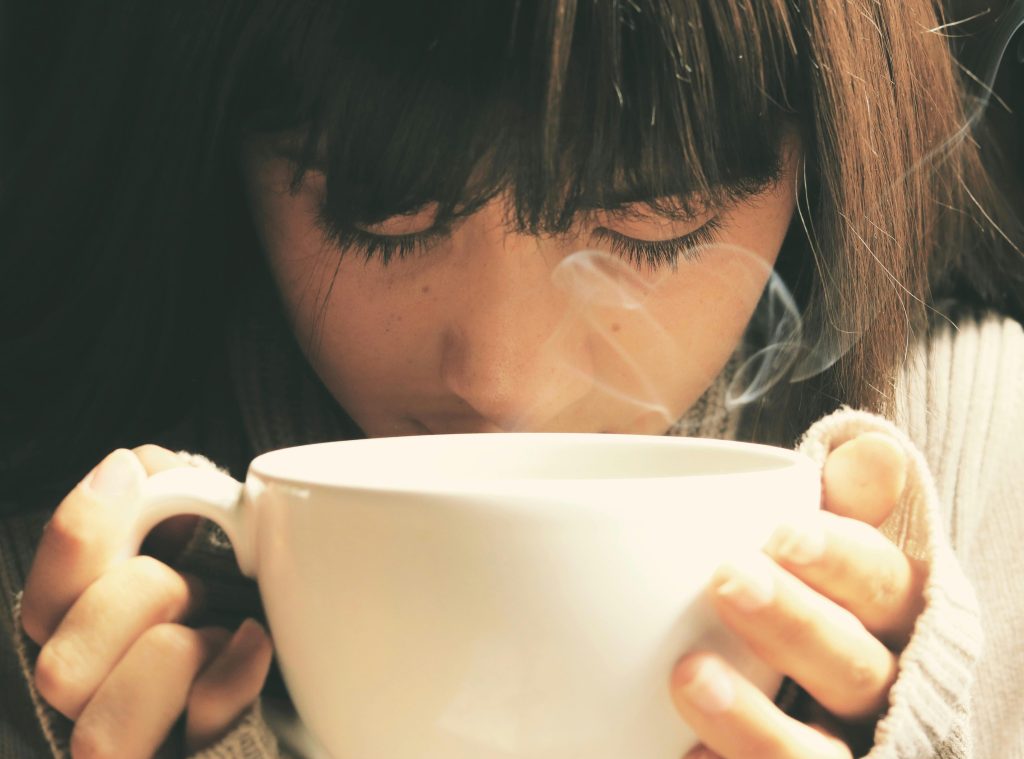
Strategic Hydration for Coffee Lovers
Want to maximize hydration while maintaining your coffee habit? Try alternating between regular coffee and Swiss water process decaf throughout the day. This maintains the coffee experience while giving your body varying levels of caffeine to process. Some coffee enthusiasts keep a hydration journal alongside their coffee diary, tracking how different brews affect their fluid balance.
Hydration Goals for Different Coffee Styles
Your preferred coffee style influences your hydration needs:
- Espresso drinkers: Each shot contains minimal liquid, so focus on water intake between shots
- Cold brew fans: The smooth taste might lead to drinking more volume – account for this in your daily fluid goals
- Pour-over enthusiasts: The slower drinking pace naturally spaces out caffeine intake
- Instant coffee drinkers: Often more concentrated in caffeine, might need more conscious water intake
The Bottom Line on Your Bottom Line
Your coffee obsession isn’t working against your hydration goals – it’s actually helping you meet them. As long as you’re listening to your body and drinking water throughout the day, there’s no need to stress about your coffee intake. Pour that extra cup guilt-free – your body knows what to do with it.

I’m Audrey, a dedicated mother of teenagers with an insatiable love for coffee. On BeanBrewLove.com, I intertwine my need for caffeine with reflections on life. Whether expressing a nostalgic sentiment or injecting a hint of sarcasm, my blog is a reservoir of coffee culture, brewing techniques, and global coffee reviews.




